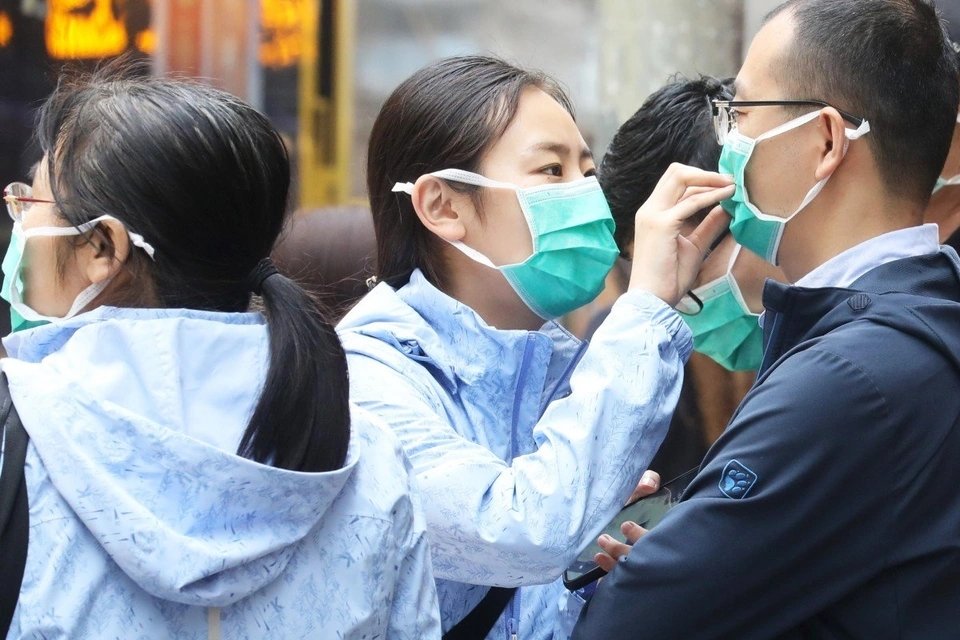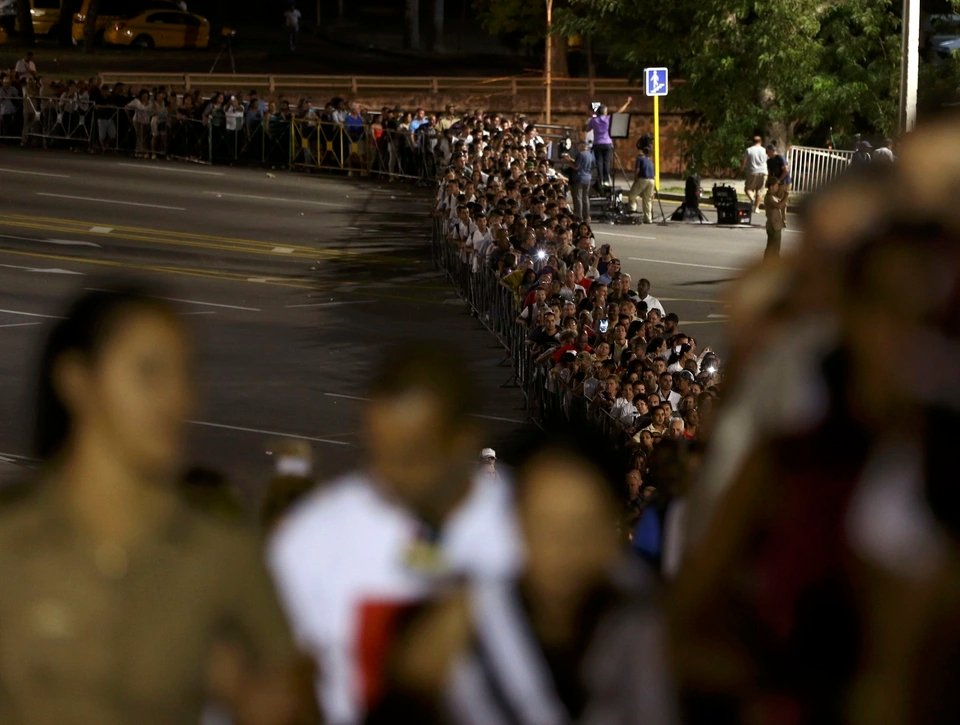(Dan Tri) – Governments of many countries and territories as well as social networks and technology `giants` are having a headache trying to find ways to handle the problem of fake news amid the pneumonia epidemic caused by the new coronavirus.
The photo `inflamed tensions` in Korea
The photo of a Chinese man collapsing on the subway caused a `storm` on the Korean internet with false rumors (Photo: SCMP)
A photo posted this week of a Chinese man collapsing at a Seoul subway station and being helped up by a group of Koreans has caused a stir on social networks in this country.
“I came home with my friends and I saw a man collapsed on the floor.
Many online users have concluded that the Chinese man is infected with the new coronavirus.
According to SCMP, the photo above is just one of a series of fake rumors spreading across the Korean internet, in the context of the Wuhan pneumonia virus that has killed 170 people in mainland China and spread to thousands.
Professor Oh Myoung-don at Seoul National University believes that people’s survival instinct is the reason why they easily become afraid when reading information about the pandemic on social networks.
“Even if the chance of contracting the virus is very low, the instinctive part of the brain will work faster than the logical thinking part.
The professor also warned that such fears `can cause great damage to a country’s society and economy.`
South Korean President Moon Jae-in on January 29 called for the public to calm down and assured people that the East Asian country is taking all necessary measures to prevent the virus from spreading.
“The virus is not the only thing we have to face.
Asia deals with fake news

An employee of a Thai airline disinfects a plane (Illustration: Reuters)
According to NHK news site, governments in Asian countries are having to deal with the problem of fake news and false rumors about the new coronavirus spreading on social networks.
Over the weekend, Singaporean public opinion was abuzz about an article published on a major news site titled: `First death in Singapore due to new virus`.
Singapore Information and Communications Minister S Iswaran said the government needed to “take swift action against falsehoods, otherwise there is a serious threat that fake news will spread and cause public panic.”
In Malaysia, information about the death of a prisoner infected with corona virus has spread `dizzily` on social networks.
Malaysia on January 29 arrested four people on suspicion of intentionally spreading false information about the Wuhan pneumonia virus on social networks.

(Illustration photo: SCMP)
On January 29, Thailand arrested two people for spreading fake news on social networks.
Meanwhile, the remaining suspect, Ritthisak Wongthonglueang, admitted to posting a video of a man collapsing unrelated to the coronavirus to spread false rumors.
Hong Kong Chief Executive Carrie Lam also condemned the problem of fake news on January 29 and warned that this could affect the island government’s efforts to prevent the epidemic, according to Asia One.
Technology giants join the fight against fake news
Facebook, Google, and Twitter are making efforts to stop the widespread spread of fake news on these platforms, according to Dailymail.
The Washington Post said that false and speculative news flooding social networks is causing confusion in public opinion and providing false information that can have consequences for society.
Facebook said it is working with partners to verify and transmit accurate information about the Wuhan pneumonia epidemic.
Lord Emperor
Synthetic










